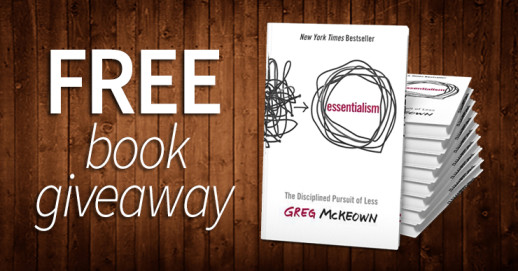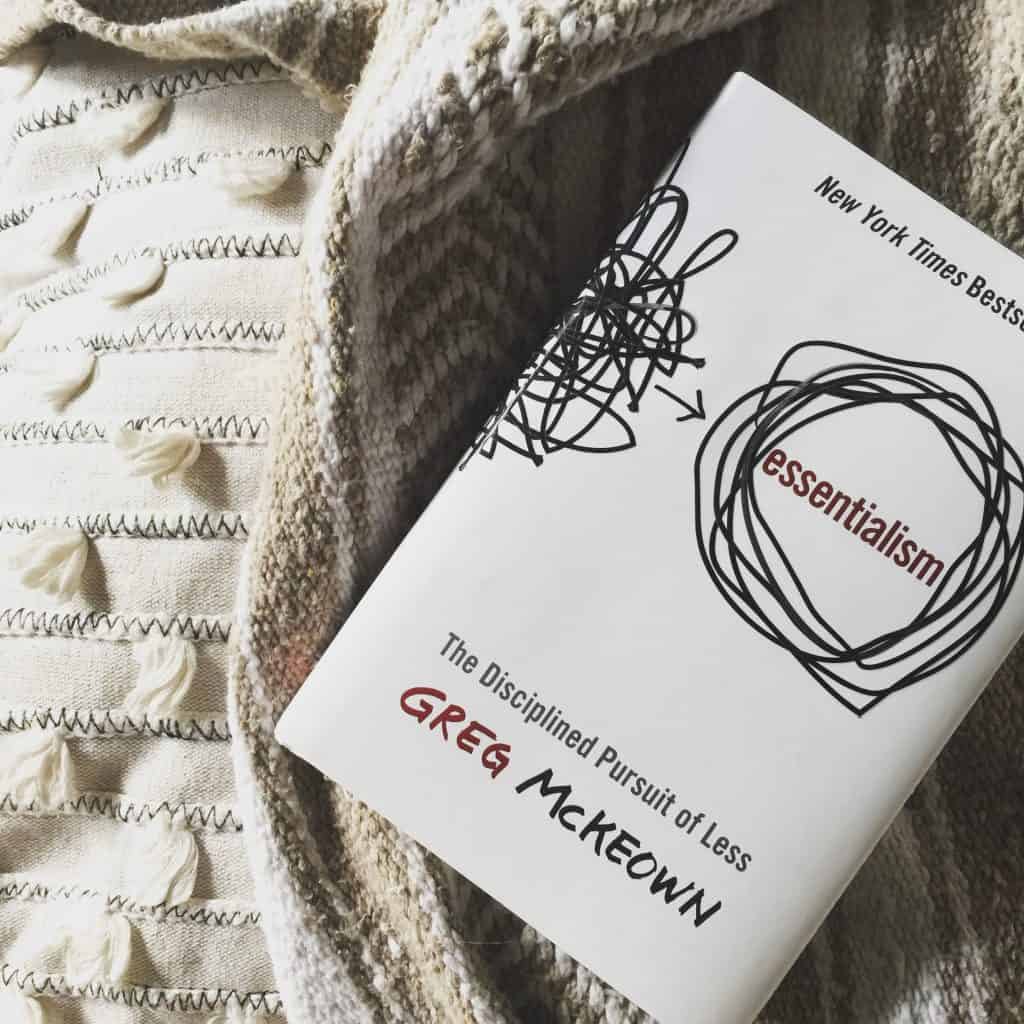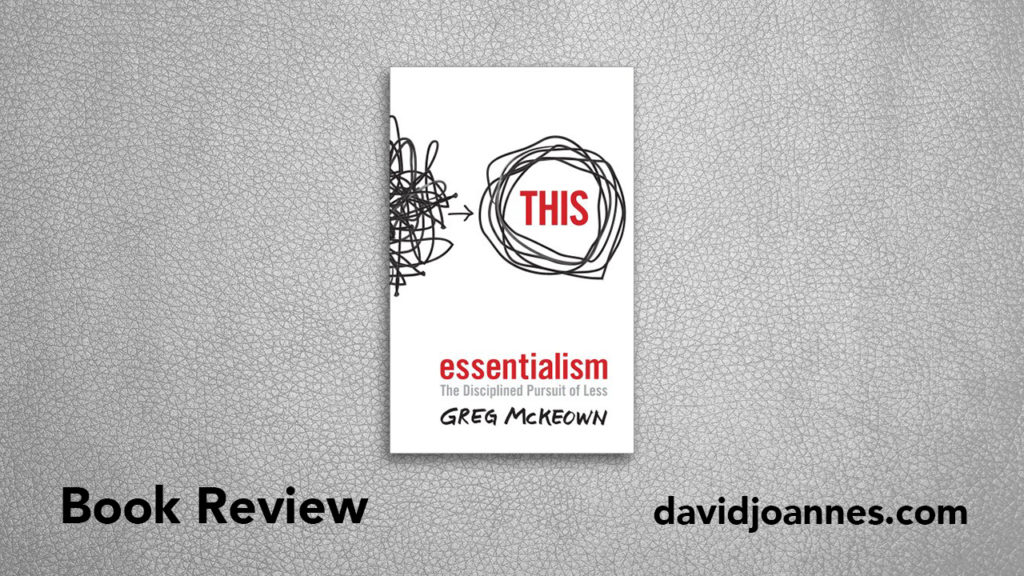

If I can only do one thing today or this week, what would it be? What is the one thing that will leave me the most satisfied? What will I care about a week, a month or 100 years from now? What one thing will make everything else easier? “If the answer to that question isn’t obvious, you can ask yourself a series of questions to figure it out. But we have to ask ourselves, every day, ‘What is the most important thing I need to do today?’ We ought to keep coming back to the question. “Of course, you can have more than one important thing in your life - we all do. And for 500 years, the word meant a singular idea, and then it evolved and now we talk about ‘priorities’ all the time. By definition, you cannot have more than one priority.

What did it mean? The very first thing - before all other things.

In my research, I found that when ‘priority’ came into the English language in the 1400s, it was singular. “The day my daughter was born set me off on a journey to really understand prioritization deeper. This interview has been edited for length and clarity. Here, McKeown, a father of four who lives in Calabasas, California, explains why most people misuse the word “priority” and why using it correctly - every day - can diminish stress and regret in your life. “ Effortless,” his latest title, is coming out next month. Now, he also has a podcast called “What’s Essential” and a new book in the works. How to become an essentialist, with bestselling author Greg McKeown (+podcast).


 0 kommentar(er)
0 kommentar(er)
